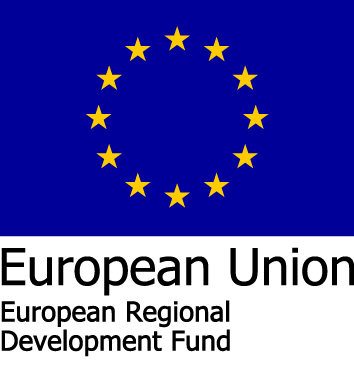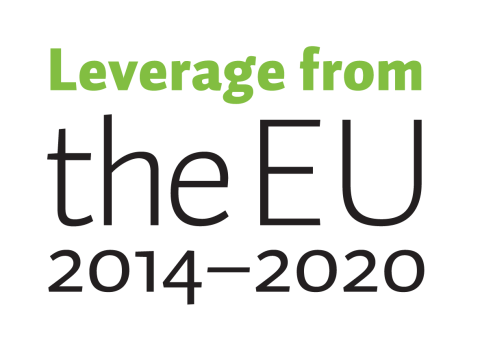Biogas Utilization Opportunities in Ostrobothnia Region
Project information
Project description
The project aims to determine the conditions for creating new regional infrastructure for liquefied biogas in the Vaasa region and to verify the environmental performance of biogas transport fuels by measuring methane emissions from biogas buses, and by examining the durability and maintenance needs of biogas heavy vehicles. It also explores the techno-economic feasibility of biogas for industrial and academic research and experimentation in the region, and explores the biogas suitability for local energy systems and greenhouses through industrial symbiosis, to create common operating models in the biogas business network between different actors. It also aims to develop biogas competence and to increase the quantity of experts in Ostrobothnia
Project's name: Utilization Opportunities in Ostrobothnia Region
Project Manager: Kirsi Tuomi-Spoof
Project Coordinator: Karita Luokkanen-Rabetino
Research platform and group at the University of Vaasa: VEBIC and Renewable Energy Research Group
Project schedule: 01.03.2020- 28.02.2022
Funding from: European Regional Development Fund (ERDF), University of Vaasa, Wärtsilä, Westenergy, Stormossen and Wasaline
External funding: 269 228€
Total budget: 314 035 €
Contact persons: Karita Luokkanen-Rabetino, Kirsi Tuomi-Spoof, Carolin Nuortila, Petra Berg, Aino Myllykangas
Collaboration partners: Wärtsilä, Westenergy, Stormossen, Wasaline, Jeppo Biogas, Remeo and Österbottens Svenska Producentförbundet
Project results
Final report: Biogas Utilization Opportunities in Ostrobothnia Region : findings from the project
Spoof-Tuomi, K.; Arvidsson, H.; Nilsson, O.; Niemi, S. Real-Driving Emissions of an Aging Biogas-Fueled City Bus. Clean Technol. 2022, 4, 954-971. https://doi.org/10.3390/cleantechnol4040059
Biogas Utilization Opportunities in Ostrobothnia Region poster at Energyweek 2022
Current State Analysis and interview analysis
Techno-economic analysis of biomethane liquefaction processes November 2020, revised March 2021 and April 2021


